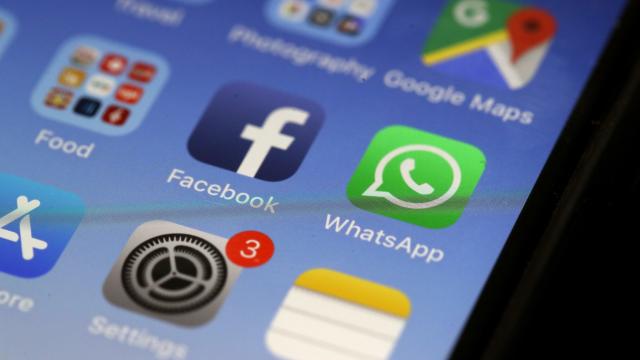The BBC is teaming up with some of the biggest names in tech to coordinate a defence against the online disinformation campaigns endemic to some of their platforms, the outlet announced Saturday.
Google, Twitter, and Facebook helped the media giant come up with a targeted approach that, in part, uses an early warning system during critical periods when the spread of misinformation “threatens human life or disrupts democracy during election,” per the BBC.
For example, back in April Facebook came under fire after fake poll schedules and other deliberately false election posts flooded its subsidiary, WhatsApp, ahead of the Lok Sabha elections in India. Another example the BBC cites is anti-vaxxer bullshit and its popularity on social media bleeding into real-world health crises. And, of course, there’s the incident that practically entered “fake news” into our vocabulary: the 2016 presidential election.
The BBC doesn’t go into detail about what this early warning system will look like, only that its “emphasis will be on moving quickly and collectively to undermine disinformation before it can take hold.” The online statement simply promises future updates.
Other preventative measures the group has planned include targeted campaigns to improve media literacy, educate voters with impartial civic information such as how and when to vote around election time, and otherwise “promote media education messages.”
“Disinformation and so-called fake news is a threat to us all. At its worst, it can present a serious threat to democracy and even to people’s lives,” BBC Director General Tony Hall said, according to the online statement.
The Department of Defence’s Defence Advanced Research Projects Agency (DARPA) announced earlier this week that it’s developing disinformation campaign countermeasures as well. DARPA has established the Semantics Forensics program to try tackling the problem with a more automated model, and the organisation is currently “soliciting innovative research proposals” regarding algorithms that can identify and analyse targeted attempts at spreading misinformation.
The timing of these initiatives likely isn’t a coincidence since the days are quickly counting down to the 2020 U.S. presidential election. According to numerous reports, several tech giants have already begun meeting with U.S. intelligence agencies to come up with a plan of attack before next November gets here. And while all that may be outside the UK’s purview, recent cases of election meddling have shown that these kinds of malicious misinformation campaigns can happen anywhere, so it’s in countries’ best interest to have a defensive strategy in place before it needs one.
